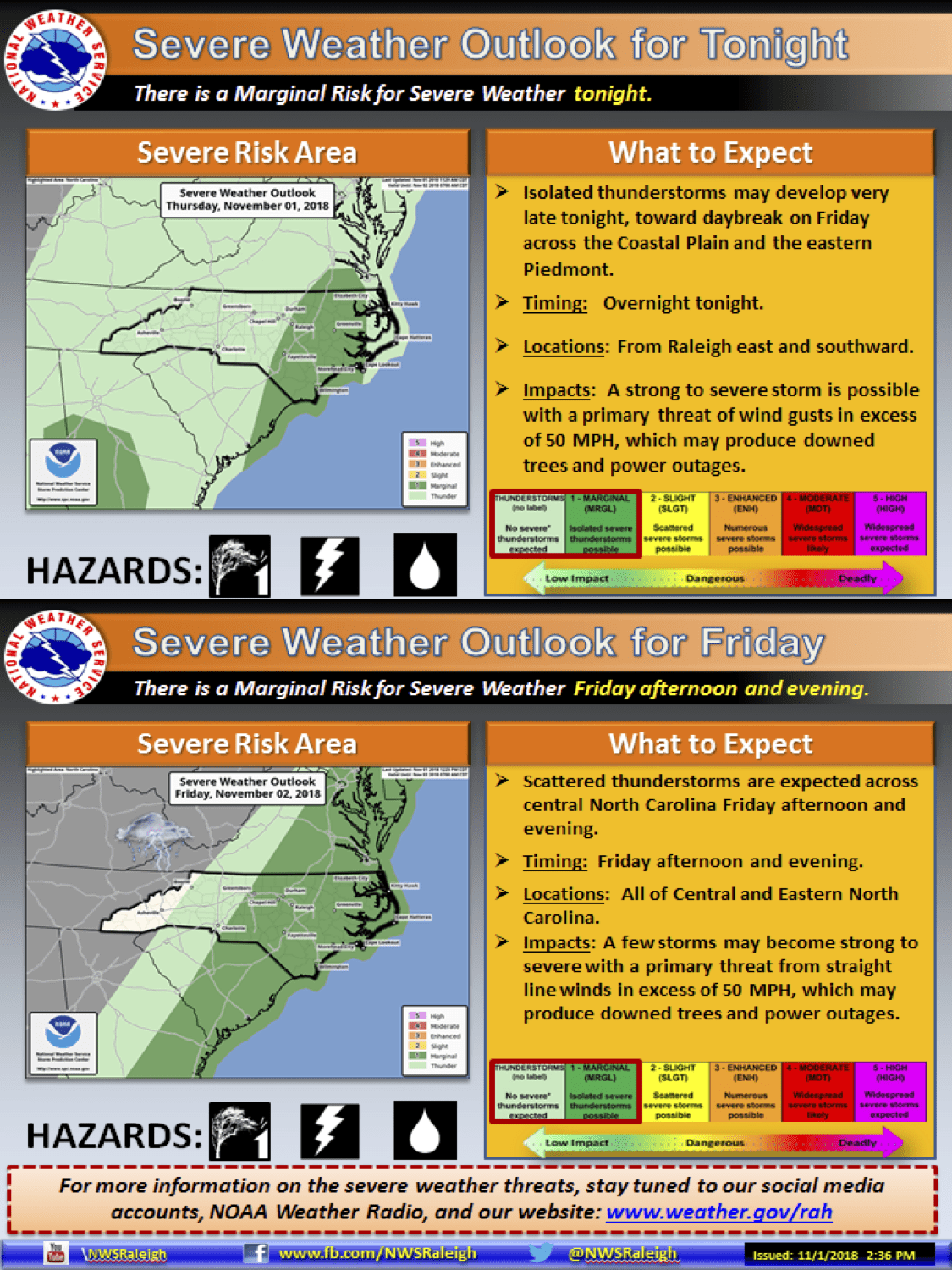VGCC, Southeastern Open New Pathway For Students
-Press Release, Vance-Granville Community College
Vance-Granville Community College and The College at Southeastern have entered a partnership to provide a “ready-made pathway” for students to be dually enrolled on their way to a Bachelor of Science degree at Southeastern Baptist Theological Seminary.
In VGCC’s Civic Center, colorfully decorated with banners displaying the various applied technology, business and health sciences academic programs offered by Vance-Granville, a ceremony was held on Monday, Oct. 22, for the signing of the Memorandum of Understanding between the two colleges.
“Partnership is very important as you think about higher education today,” said Dr. Levy Brown, Vance-Granville’s vice president of academic affairs. “We hear about pathways. We hear about multiple entry points for students. We hear about collaboration. Today we are very excited to join Southeastern in this opportunity to provide more training opportunities for their students.”

Dr. James Dew of The College at Southeastern, left, and Dr. Levy Brown of Vance-Granville Community College sign a memorandum of understanding officially launching a partnership that provides a “ready-made pathway” for students to be dually enrolled at the two colleges on their way to a Bachelor of Science degree at Southeastern Baptist Theological Seminary. (Photo: VGCC)
The partnership opens a new door for students at The College at Southeastern (C@SE) in Wake Forest to earn additional credentials in the career and technical education areas, nearly 40 curriculum programs, at Vance-Granville, Dr. Brown noted, citing the significance of the regional collaboration.
With plans for the partnership in the works for several years, Dr. James Dew, Vice President of Undergraduate Studies and Distance Learning and the Dean of The College at Southeastern, said he was pleased to see two institutions working together rather than being competitive in their recruiting efforts. Students have had to choose between schools when pursuing their college educations, he said, “either here or there but not both.”
“We can do far more together than we can do apart from each other,” he said. “I think the days are gone, or should be gone, when we compete against each other in unnecessary ways.”
“As we sat down to think about the possibilities,” Dr. Dew added, “what we began to realize is that there are actually ways that we can serve each other. You have students in your vocational programs who ultimately desire to do something for the Lord. And we have students who very much want to do something for the Lord but are going to need along the way various kinds of vocational training to get there.”
At C@SE, he said, they refer to the situation as the “Tentmaker’s Paradigm.” Citing Acts 18:1-4, he described how the Apostle Paul had a vocation of making tents. “He would go from place to place, and as he went he would build tents and that would give him a platform to preach the Gospel to the nations,” Dr. Dew said.
“That ultimately is our vision,” he added. “We are training a generation of people at Southeastern to go into the darkest places in the entire world, places where there is no hope, places where the darkness is thick and depression is strong. And there in those places shine their light of Jesus Christ to those places and to those nations. But to get there … they are going to need the kinds of programs that we see represented here in this room.”
He said C@SE wants their students to have these kinds of programs that VGCC offers, but “I also understand that they need the kinds of theological and ministerial training that we can offer them at Southeastern as well.”
C@SE began in 1994 as an undergraduate school of Southeastern Baptist Theological Seminary (SEBTS) in Wake Forest. Students who are pursuing their Bachelor of Science degree from SEBTS have had the option to transfer in an associate’s degree from another college, dually enroll in a vocational program at another college or complete a business minor at C@SE.
The partnership will provide a clear pathway, the college officials noted.
Among the highlights of the partnership:
- C@SE students may enroll in as many as 12 credit hours per semester at VGCC and have those hours count towards their status at C@SE.
- Southeastern students who complete an associate’s degree, diploma or certificate of study in a VGCC-approved vocational and/or applied technical program will receive full credit for courses taken in which a grade of “C” or better was earned.
- C@SE will also accept credits from high school and early college high school students enrolled in an approved Career and College Promise (CCP) track through VGCC.
- VGCC will allow students to dual enroll in a Bachelor of Science degree program at C@SE.
The partnership also allows for a seamless integration of recruitment initiatives between both colleges.
Dr. Dew recognized Cory Thornton of the Youngsville-based Frigi-Temp commercial heating, air conditioning, ventilation and refrigeration service provider for being a part of a three-way meeting with VGCC and C@SE last year that eventually led to the partnership. Thornton is the chief operating officer of the licensed mechanical contracting company which is now a partner in VGCC’s Vanguard Apprenticeship Collaboration.
Dr. Dew added, “We began to think together about what your curriculum looks like, what ours looks like and the various ways that we can partner broadly by taking the diplomas, the certificates and the associate’s degrees offered here in vocational trainings at Vance-Granville and let the students either come to Southeastern after they finish here by way of transfer or to work on those degree programs concurrently.”
“It is a unique day in the life of Southeastern when I can begin saying to our students, ‘Hey, you should also go to this school,’” he said. “Praise God for good things that He has brought. I’m excited for this day.”
VGCC’s Interim President Dr. Gordon Burns applauded the “efforts, insights and wisdom” of Dr. Brown and Dr. Dew “and all of those colleagues who supported them in our two institutions.”
“Thank you for making this day possible,” he added. “I think it’s especially important that we allow the doors to be open for further higher education. By accepting our credits at your college, you open the door to new opportunities to advance study, and for that, we are most grateful,” Dr. Burns said.
Also instrumental in the creation of the partnership is VGCC’s project manager for the TechHire grant, Ken Wilson, who also spoke to the staff and faculty from both institutions who gathered for the signing. “We look forward to wonderful times ahead for this great partnership,” Wilson said.
Questions about the partnership can be directed to Ken Wilson at VGCC by phone at (252) 738-3259 or by e-mail at wilsonk@vgcc.edu or Dr. Brent Aucoin at The College at Southeastern by phone at (919) 761-2286 or by e-mail at baucoin@sebts.edu.
Click here for a Flickr album with photographs from the signing ceremony: https://www.flickr.com/photos/vancegranvillecc/albums/72157703270339775













